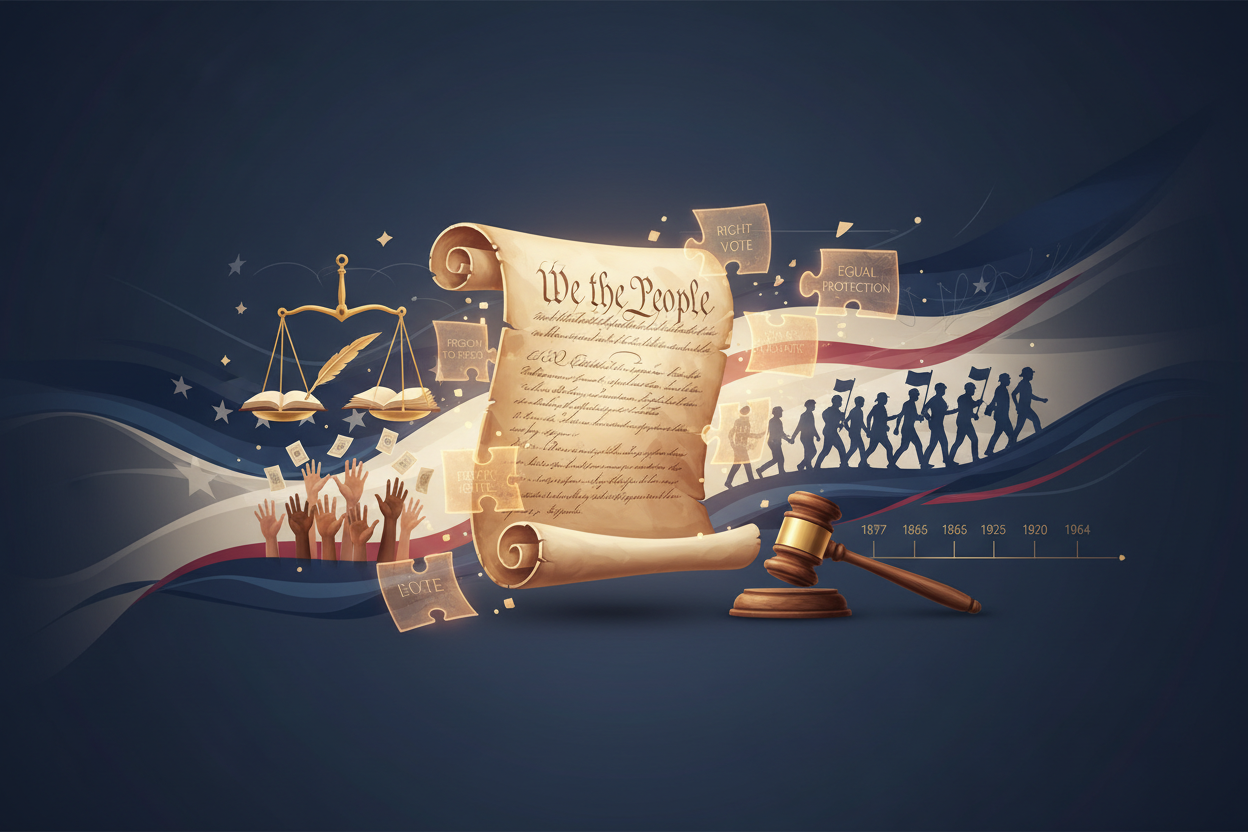Famous Historical Figures and Their Enduring Legacies
History is shaped by those who dare to dream, challenge the status quo, and leave a lasting mark on the world. These famous historical figures have not only influenced their own times but continue to inspire new generations. In this blog post, we’ll explore the enduring legacies of a few remarkable individuals whose contributions have transcended time. Get ready to dive into the fascinating stories of visionaries who changed the course of history!
Table of Contents
1. Introduction
2. Leonardo da Vinci: The Quintessential Renaissance Man
3. Cleopatra: The Last Pharaoh of Egypt
4. Mahatma Gandhi: The Advocate of Peaceful Resistance
5. Marie Curie: A Pioneer in Science
6. Conclusion
7. FAQs
Leonardo da Vinci: The Quintessential Renaissance Man
Leonardo da Vinci, born in 1452, is a name synonymous with creativity and innovation. His diverse skill set made him one of the most influential figures of the Italian Renaissance. From his masterpieces in painting, such as the Mona Lisa and The Last Supper, to his sketches of futuristic inventions, Leonardo’s work exemplifies the intersection of art and science.
Leonardo’s legacy endures not just through his art, but also through his approach to learning and exploration. His famous notebooks, filled with observations and ideas, reveal a mind that was perpetually curious and relentlessly dedicated to understanding the world. Today, Leonardo da Vinci remains a symbol of the limitless potential of human creativity and intellectual pursuit. 🎨✨
Cleopatra: The Last Pharaoh of Egypt
As the last active ruler of the Ptolemaic Kingdom of Egypt, Cleopatra VII is a figure immortalized by her intelligence, political acumen, and dramatic life story. Born in 69 BC, Cleopatra’s reign was marked by her strategic alliances with powerful Roman figures like Julius Caesar and Mark Antony. Her ability to wield influence in a male-dominated world has made her a subject of fascination for centuries.
Cleopatra’s legacy lies in her role as a powerful female leader who navigated a complex political landscape with skill and determination. Her life has inspired countless works of art, literature, and film, ensuring that her story continues to captivate audiences worldwide. Cleopatra remains a testament to the strength and resilience of women in leadership roles. 👑🌍
Mahatma Gandhi: The Advocate of Peaceful Resistance
Mohandas Karamchand Gandhi, known as Mahatma Gandhi, was a pivotal leader in India’s struggle for independence from British rule. Born in 1869, Gandhi’s philosophy of nonviolent resistance, or Satyagraha, revolutionized the fight for justice and civil rights. His commitment to truth and nonviolence inspired movements for civil rights and freedom across the globe.
Gandhi’s legacy is evident in the continued use of peaceful protest as a powerful tool for change. His teachings emphasize the importance of compassion, tolerance, and the strength of the human spirit. Mahatma Gandhi is celebrated as a beacon of hope for those seeking to create a more just and equitable world. ✌️🇮🇳
Marie Curie: A Pioneer in Science
Marie Curie, born in 1867, was a trailblazing scientist whose groundbreaking research on radioactivity earned her two Nobel Prizes—one in Physics and another in Chemistry. Curie’s dedication to science and her pioneering work on radioactive elements like radium and polonium opened new frontiers in medical and scientific research.
Curie’s legacy is not only reflected in her scientific achievements but also in her role as a mentor and advocate for women in science. Her perseverance in a male-dominated field paved the way for future generations of female scientists. Today, Marie Curie is celebrated as a role model for aspiring scientists and a testament to the power of determination and innovation. 🔬👩🔬
Conclusion
The legacies of these famous historical figures serve as a reminder of the profound impact individuals can have on the world. Whether through art, leadership, peaceful resistance, or scientific discovery, each of these figures has left an indelible mark on history. Their stories continue to inspire and challenge us to strive for greatness in our own lives.
As we reflect on their contributions, we are reminded that the potential for change lies within each of us. By embracing creativity, courage, and perseverance, we too can leave a legacy that endures. 🌟
FAQs
Q: Who was Leonardo da Vinci?
A: Leonardo da Vinci was a renowned Italian polymath of the Renaissance, known for his contributions to art, science, and engineering.
Q: What was Cleopatra known for?
A: Cleopatra was known for being the last Pharaoh of Egypt and her strategic alliances with Roman leaders Julius Caesar and Mark Antony.
Q: Why is Mahatma Gandhi significant?
A: Mahatma Gandhi is significant for his philosophy of nonviolent resistance, which played a crucial role in India’s independence movement and inspired global civil rights movements.
Q: What did Marie Curie discover?
A: Marie Curie discovered the elements radium and polonium and conducted pioneering research on radioactivity. She was the first woman to win a Nobel Prize and the only person to win in two different scientific fields.




Leave a Reply
You must be logged in to post a comment.